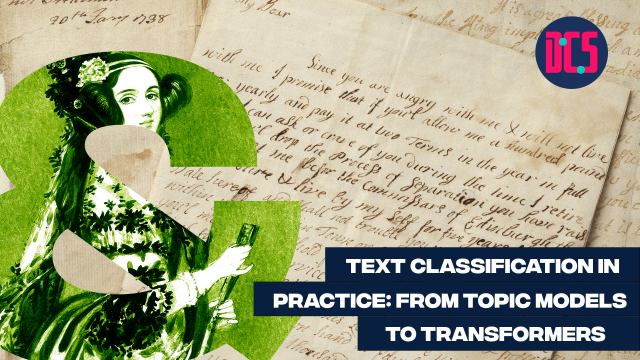Interactive Analysis Reports with R Markdown

In Person
This workshop will help you create your own reproducible, customisable, and interactive analysis reports through R Markdown. By building on the basics of R, we will show you how to instantly prepare your results into a ready-made document (No more copy and pasting your results! Less human error!). We will guide you on how to also create visually pleasing tables and plots, so that engagement can be maximized. To top it all off, you will also learn how to add interactive elements to the report. All of this will be designed into a html document, so that when it’s finished, your analysis can be communicated online with the world.
The workshop will be dedicated to exploring and learning the basics of R markdown documents, along with some basics of html (don’t worry, this will be kept at a very simple level). From there, we will learn how to create beautiful tables, and how to automate the reporting of your results section.
From there, we will learn how to support your tables with plots, and how to add interactive elements to your plot. We will also share some simple tricks on how to add other interactive elements to your report. Finally, we will show you how to host your report online through GitHub, so that you can better communicate your research with the world.
Aims:
- Learn to create interactive analysis reports with R.
- Creating and customising your own R markdown reports.
- Learn the basics of creating html documents through R markdown.
- Create beautiful tables to show off your results.
- Automating reporting. Adding interactive elements, to increase engagement and accessibility of your report.
- Supporting your tables with plots.
- Learn how to host your finished report online, so that you can communicate your results with greater freedom.
This is an intermediate-level course. You will need to already understand programming, preferably in R. Previous knowledge of statistical analysis is not required but will help you follow the content.
Those who have registered to take part will receive an email with full details and a link to join the session in advance of the start time.
This workshop will be taught by Rhys Davies.
After taking part in this event, you may decide that you need some further help in applying what you have learnt to your research. If so, you can book a Data Surgery meeting with one of our training fellows.
More details about Data Surgeries.
If you’re new to this training event format, or to CDCS training events in general, read more on what to expect from CDCS training. Here you will also find details of our cancellation and no-show policy, which applies to this event.
Return to the Training Homepage to see other available events.
Digital Scholarship Centre
Digital Scholarship Centre, 6th floor
Main Library
University of Edinburgh
Edinburgh EH8 9LJ












